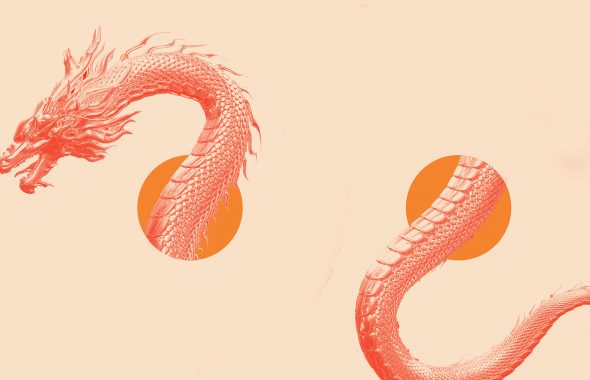Quagmire
Quagmires have been confounding people since the mid-1500s. Originally this term referred to an area of boggy ground, the kind of ground you sink into as you trudge on through it. Shortly thereafter its meaning extended to include any situation from which extrication is very difficult. The standalone term quag came to English slightly after quagmire. Though the origin of quagmire is unknown, etymologists compare the term to the earlier regional British terms quab and quaw, which both refer to boggy land.





















